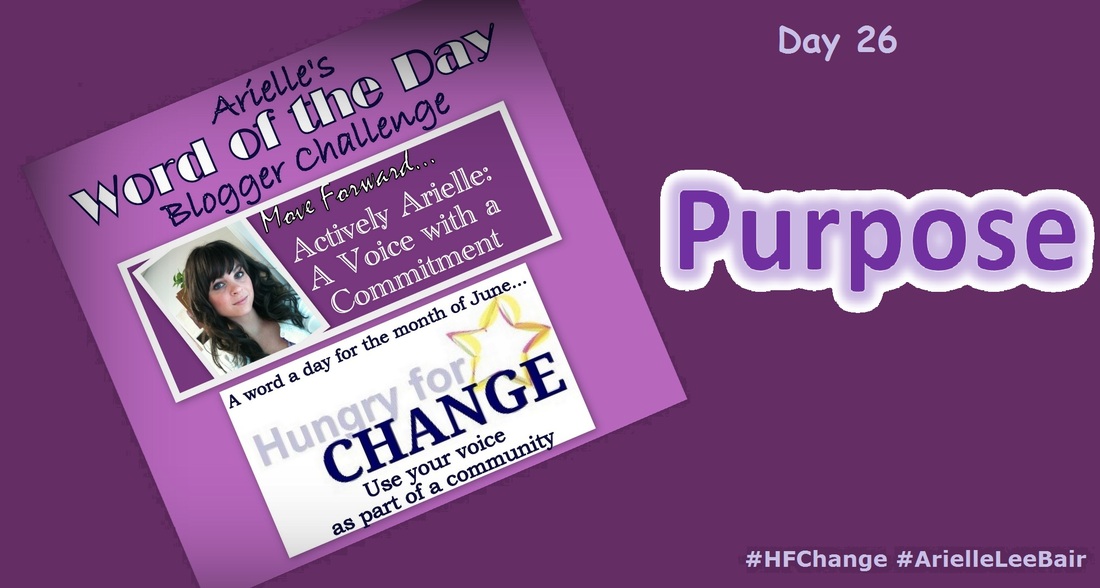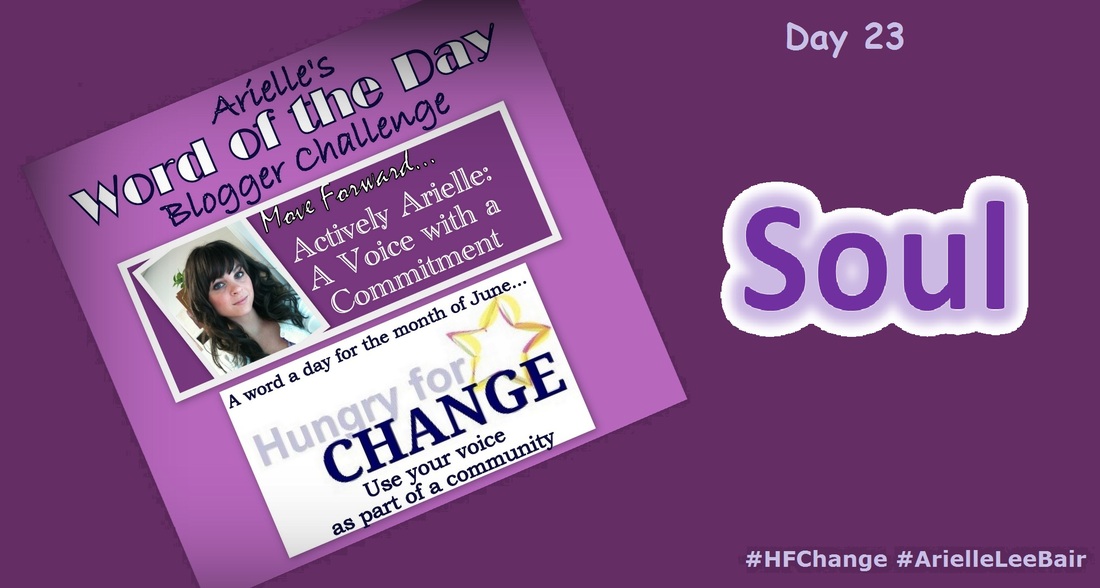In other words, Jesus Christ Superstar moved me. It showed me, in a way that had been absent from my knowledge of the New Testament and experience of church services every Easter, that the central story of Christianity involves a sacrifice that is profoundly and paradoxically human: a man, frail and human, yet convinced of - if not confident in - his own divinity, chooses painful and lonely death for reasons that are beyond the understanding of his friends.
I have discussed that production and Steve Balsamo's peerless personification of Jesus many times in the intervening 15 years. It was a key reason in my decision to study the medieval mystery plays and their own version of this affective piety - bringing each audience member to an emotional understanding and belief of something that they have previously known only intellectually. Last weekend, when performing in an amateur production of JCS, I could hear and see audience members' distress at the Crucifixion. Jesus Christ Superstar works as theatre because we care, whether we believe he is the Christ or whether we simply relate to him as an exceptional human being, when he dies.
This long introduction is necessary to explain my reaction to ALW's new arena production of JCS. At the NIA last night (4th September 2012), I did not see a single person cry. I would be surprised if any of the several thousand people in the audience gained a new understanding of the sacrifice at the heart of the Christian story.
The main failing here is in the portrayal of Jesus. I didn't watch the TV show Superstar but photos in the production brochure show Ben Forster looking like a normal grown man. So it is completely baffling to me that a decision has been made to grow his hair (or use a wig) to give him a fringe that makes him looks like Harry Enfield's Kevin.
The Kevin and Perry parallel would have amused me momentarily but not caused fatal alienation from the story if Forster had more emotional range in his performance. During the first act, there was no charisma from him that would have explained why he had attracted so many followers. After the interval, he had transitioned from bland to grumpy teenager. He sang Gethsemane as Kevin, with a single emotion: "I'm pissed off with my dad for making me do stuff I don't want to do". Watch a recording on YouTube of Steve Balsamo singing the song: he shows an enormous range of emotions. There are 7 minutes for Jesus to go through his fear, pain, (yes) anger, confusion, determination, resignation.
Ian Page (Jesus) on stage in Solihull SMASH's production of JCS, 29th September 2012.
7 minutes of anger may be impressive (and the audience whooped and cheered at the end of the song) but they do not add to a nuanced understanding of Jesus' soteriological sacrifice.
Forster's portrayal was hindered further by the odd staging of the Crucifixion. After Judas had descended onto the stage on a lit piece of rigging, Jesus (now in the Guantanamo orange jumpsuit that was a slightly desperate attempt for yet more contemporary resonance) was attached to the bar and lifted. So a half orange figure was hanging off a glitzy bit of rigging. A vertical bar came down, but unless you were sitting directly in front of the stage (and the nature of an arena means that most of the audience were not), the horizontal and vertical did not meet to make a cross. And what does a glitzy lit cross say about painful human death anyway?
Added to this oddness was more evidence of Forster's limitations as an actor. All of his lines on the cross came out as a tantrum. I just wanted him to shut up. Possibly not the desired reaction when the saviour of mankind is sacrificing himself to grant me eternal life.
The major flaws in the production were partly to do with the arena setting. The balance between volume of the band, soloists and chorus was wrong. I had to block one ear with my finger to make the noise bearable for band and soloists but it was very hard to hear anything from the chorus. This significantly lessens the impact of the enthusiasm of the crowd as Jesus enters Jerusalem and then their bloodthirst as enthusiasm turns to desire for his death.
Further, the director had a massive space to use. Rather than containing the action on a tiny stage far away from most of the thousands of audience members, why not use a thrust stage? My own preference would have been for a production in the round. Clearly it would have been a challenge for the director. But if you are charging £70 per ticket, I feel that you should work hard for it.
The lighting was mostly unremarkable, except when it went wrong, as in Could We Start Again Please? Mel C., as Mary Magdalene, was spotlit but when Peter came in, I had no idea whereabouts on the stage he was (the director had set Mary and Peter sitting among other disillusioned followers). The whole song felt flat and unmoving, probably because so much mental energy was taken up with trying to spot Peter on the stage.
I had imagined that Mel C. would have been well able to cope with the demands of singing in an arena. But, as some friends suggested at the interval, she could have done with several extra bars of instrumental before each of her songs because, without fail, she came in in the wrong key. Plus even once she had reunited her melody with the band, she was flat at the top of her register. Further confusion ensued during I Don't Know How to Love Him. During the instrumental break, she started to wipe off all her make up. It was unclear whether this was a symbolic rejection of her previous life as a prostitute or, as was indicated a little later when she took her jacket off, she was just getting ready to go to bed.
Mel C. was most convincing when she was part of the mob of followers, participating enthusiastically in the choreography. The question of whether to dance is difficult for directors of JCS. Sometimes, the desire for naturalism restricts use of choreography to stylised numbers such as Herod's Song. Here, clever choreography managed to create a visual spectacle during the numbers where Christ's followers surround him, such as Simon Zealotes' call to action.
I had mixed reactions to the use of media on screens. I cringed (and wanted to throw things) when made up "txt spk" twitter, FB, etc. messages flashed across the screen during What's the Buzz? The contemporary parallel felt forced and ridiculous. However, when the high priests met to discuss the threat, showing the crowds (who have several lines that punctuate the priests' discussion) on CCTV for the priests to see them contributed to our understanding of why Caiaphas and Annas felt threatened by Jesus' followers.
In fact, the priests, along with Pilate, turned out to be the stars of the show. All of these men seem to be seasoned musical theatre performers, able to act and sing simultaneously (which is hardly revolutionary in musical theatre but - believe me - it was last night). Pete Gallagher and Gerard Bentall had the perfect registers to provide the memorable contrast between Caiaphas and Annas. Alex Hanson was an interesting and interested Pilate, from his recounting of his dream to an assistant helping him robe for a day in court with a dismissive laugh at the end through to his final attempts to get something, anything, from Jesus that would allow him to be set free. Cleverly, the first "trial by Pilate" was set with Pilate returning from a session with his personal trainer. More concerned with his workout than with this odd proposition before him, Pilate continued with his push-ups while singing, making sense of the strangely-broken rhythm in the score at this point. My only quibble with Hanson came from the brochure, where his self-penned biography contained two unnecessary apostrophes. Luckily I had a pencil in my bad for emergency apostrophe triage.
Thom Stafford as Judas (meeting the high priests) in Solihull SMASH's production of Jesus Christ Superstar, 29 Sept 2012
Much has been made of the casting of Tim Minchin as Judas. Personally, I'd have found it more interesting to see him (as an avowed atheist) play Jesus. His stage presence was diminished by the scarf and coat he wore during Heaven on his Mind, which made him hunched and small. Frequently, in his dialogue with Jesus, he struggled to act when not singing. This would have been less noticeable if the screens hadn't projected images of him standing awkwardly waiting for his next line. The confidence to make each song his own, complete with melodic alterations from his own composer's brain, was refreshing but his diction is weird (and no, this isn't to do with him being Australian. I can understand every word that, for example, Philip Quast sings). If I didn't know every word of JCS off by heart, I don't think I'd have had a clue what he was singing. While JCS is a "wordy" piece of theatre and Judas has a lot to tell the audience, last weekend, in Solihull, Thom Stafford simultaneously conveyed Judas' intense emotional disarray with pitch perfect singing and clear articulation of Tim Rice's lyrics.
However, my reservations about his portrayal of Judas dissipated in Act 2. The moment of betrayal was directed beautifully. As Judas approached Jesus, we could see his conflicted sadness that none of the other apostles were awake to save Jesus from the soldiers. The kiss was like a reflex - a goodbye to a friend, truly loved. This physical connection allowed Jesus to grab his arm: "Judas, must you betray me with a kiss?" And then the two men hugged. A warm, desperate hug of friends who have each involved the other in his own downfall. They are the only two who understand each other at this point and they do not want to let go. This moment of painful friendship had to be split up by the soldiers, with Judas having to be restrained from helping his friend, even while in the action of betraying him.
This was the first moment that demanded an emotional response from me. The second was almost unbearable. I have lost a friend to suicide recently, so Judas' suicide is obviously difficult to watch for me. In fact, I think I'd have preferred if the production had been as weirdly disconnected here as elsewhere but, instead, Tim Minchin physically and vocally articulated the intense distress of desolation: that moment, known to those of us who have experienced our minds being overtaken with thoughts we don't want and can't bear, when you can't speak, can't move, can't be... He fell forward with an elemental, untranscribable, vocalisation of despair that somehow marked the moment at which he, and we, knew the only way out for him. The tree, the muttered, half-swallowed "you have murdered me". Death.
That scene showed me that the talent in this production could have given us something amazing. Instead, the biggest audiences ever to see the show are being palmed off with a Jesus Christ Superstar that manages to provide spectacle but no way to relate to the incomprehensible human sacrifice of Jesus.
[Apologies for using photos of our production to illustrate a review of this production; I wanted to put some images in but only "own" the photos I took last weekend and don't want to risk the wrath of the Really Useful Group over their production photos].





















